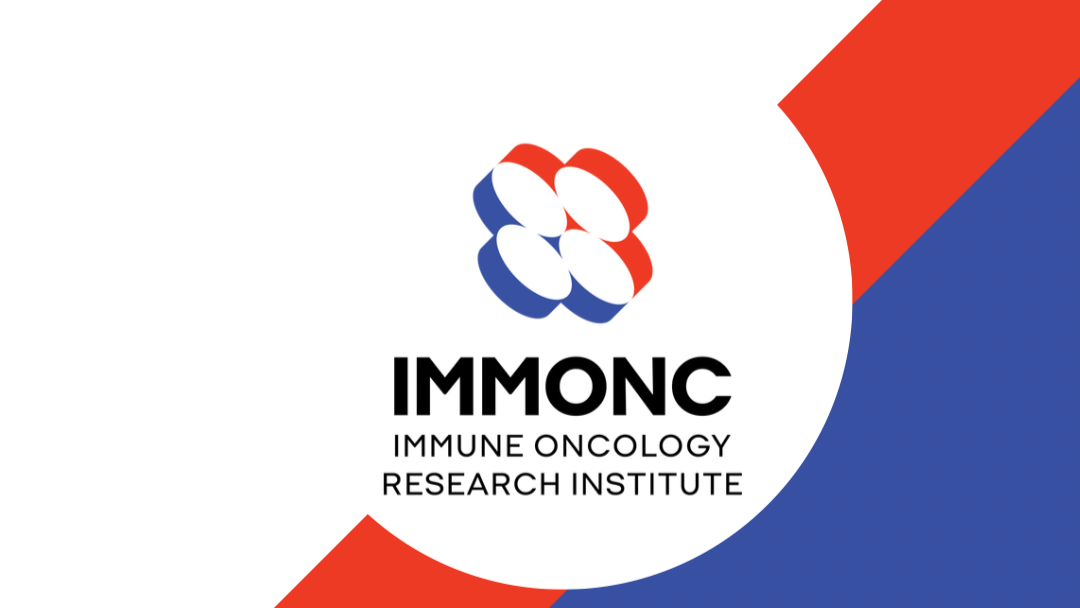Immune Oncology Research Institute shared on LinkedIn:
” Job Announcement
Are you looking for a job in Data Management? Stop scrolling, we are ready to hire!!
Position: Data Manager/Data Entry Operator Location: 7 Nersisyan Street, Yerevan, Armenia (Yeolyan Hematology and Oncology Center)
Employment Type: Full-Time, On-site
About the Role:
The Immune Oncology Research Institute is seeking a dedicated Data Manager/Data Entry Operator to join our team as part of an international research project conducted at Yeolyan Hematology and Oncology Center. The project, supported by Resonance Inc. is focused on acute lymphoblastic leukemia and plays a critical role in advancing clinical research and patient care in Armenia.
Send your resume and a brief cover letter to avagyananna2010@gmail.com by January 25, 2025.”



